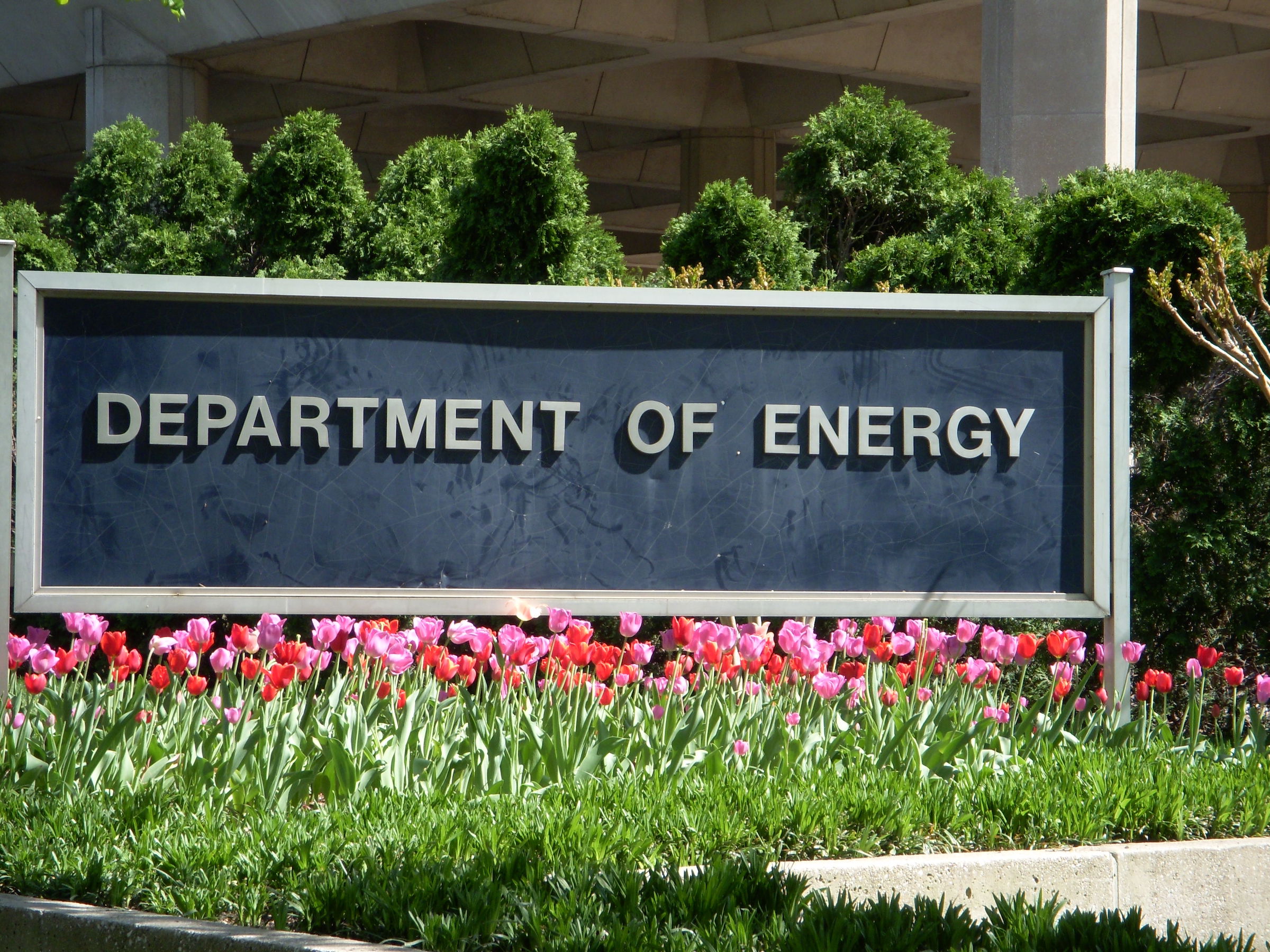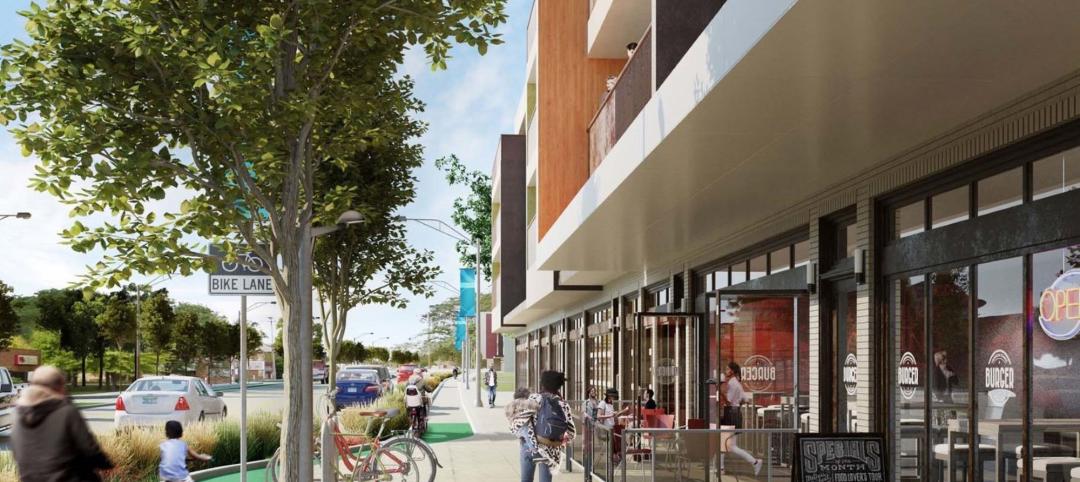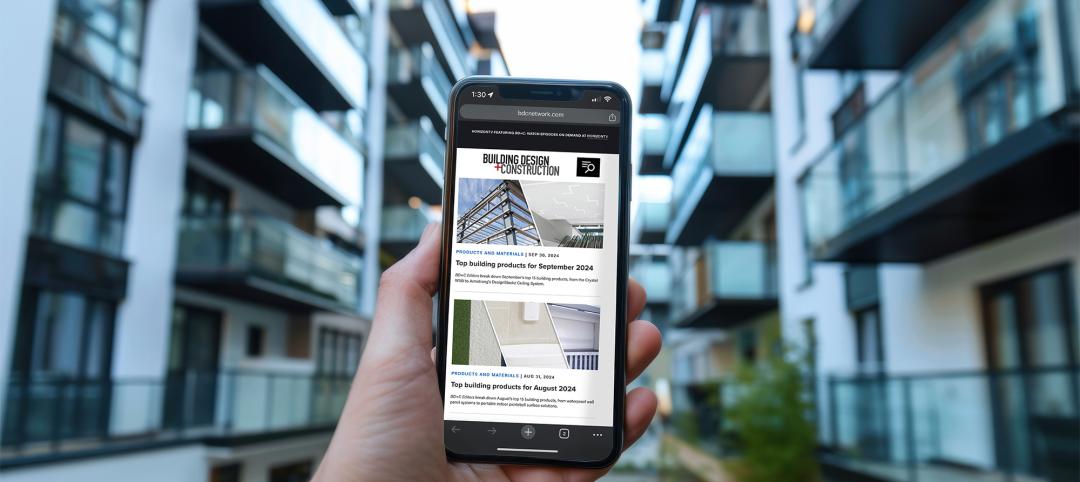The Buildings Upgrade Prize (Buildings UP) sponsored by the U.S. Department of Energy is offering more than $22 million in cash prizes and technical assistance to teams across America. Prize recipients will be selected based on their ideas to accelerate widespread, equitable energy efficiency and building electrification upgrades.
In Phase 1 of Buildings UP, teams will submit innovative concepts to increase building energy upgrades within one of two pathways: “Equity-Centered Innovation” or “Open Innovation.” Winning “Equity-Centered Innovation” teams, focused on delivering upgrades to low- and moderate-income homes; small, disadvantaged businesses; and other equity-eligible buildings, will receive $400,000 in cash.
Winning “Open Innovation” teams will receive $200,000 in cash. Winners from both pathways will also receive expert technical assistance and coaching to help bring their ideas to life. Community-based organizations, state and local governments, Indian tribes, building owners, utilities, nonprofit organizations, energy efficiency program implementers, and other organizations are encouraged to team up and apply.
“We have a once-in-a-generation opportunity to leverage billions of dollars in funding available through the Bipartisan Infrastructure Law, the Inflation Reduction Act, utility rebate programs, and many other sources to upgrade our existing buildings and help address climate change,” said Alejandro Moreno, Acting Assistant Secretary for Energy Efficiency and Renewable Energy. “Transforming existing buildings is a complex task. Each building has its own set of needs related to size, use, age, location, and more—there is no one-size-fits-all solution. Buildings UP is designed to build capacity within multi-stakeholder teams to develop a variety of solutions and drive the implementation of effective building upgrade initiatives across the country.”
Here is the full release form the U.S. Department of Energy:
The Buildings Upgrade Prize (Buildings UP) is offering more than $22 million in cash prizes and technical assistance to teams across America with winning ideas to accelerate widespread, equitable energy efficiency and building electrification upgrades.
“We have a once-in-a-generation opportunity to leverage billions of dollars in funding available through the Bipartisan Infrastructure Law, the Inflation Reduction Act, utility rebate programs, and many other sources to upgrade our existing buildings and help address climate change,” said Alejandro Moreno, Acting Assistant Secretary for Energy Efficiency and Renewable Energy. “Transforming existing buildings is a complex task. Each building has its own set of needs related to size, use, age, location, and more—there is no one-size-fits-all solution. Buildings UP is designed to build capacity within multi-stakeholder teams to develop a variety of solutions and drive the implementation of effective building upgrade initiatives across the country.”
Upgrading existing buildings to efficiently run on clean energy will help address climate change. Solutions can be varied and may include adoption of efficient electric equipment and appliances, including heat pumps and heat pump water heaters, as well as enhanced building efficiency through measures such as insulation and air sealing. Together, these efforts will help reduce carbon emissions and energy costs while improving indoor air quality and occupant comfort.
In Phase 1 of Buildings UP, teams will submit innovative concepts to increase building energy upgrades, choosing to enter one of two pathways: “Equity-Centered Innovation” or “Open Innovation.” Winning “Equity-Centered Innovation” teams, focused on delivering upgrades to low- and moderate-income homes; small, disadvantaged businesses; and other equity-eligible buildings, will receive $400,000 in cash. Winning “Open Innovation” teams will receive $200,000 in cash. Winners from both pathways will also receive expert technical assistance and coaching to help bring their ideas to life.
Community-based organizations, state and local governments, Indian tribes, building owners, utilities, nonprofit organizations, energy efficiency program implementers, and other organizations are encouraged to team up and apply. Phase 1 opens for submissions on February 18, 2023.
Up to 50 Application Support Prizes of $5,000 and 10 hours of technical assistance are available to help new and under-resourced teams complete Phase 1 applications. The Application Support Prize opens for submissions on Jan. 18, 2023, and will be awarded on a rolling basis until funds are expended.
Buildings UP is administered by the National Renewable Energy Laboratory and is part of the American-Made program, which fast-tracks innovation through prizes, training, teaming, and mentoring. Teams competing in Buildings UP will have access to the American-Made Network, connecting the nation’s entrepreneurs and innovators to America’s national labs and the private sector. Mentoring, tools, resources, and support through the American-Made Network help accelerate the transition of ideas into real-world solutions to achieve clean energy goals.
Buildings UP was developed and funded by the U.S. Department of Energy Building Technologies Office as part of its overall mission to reduce the carbon footprint of the U.S. building stock while maintaining or improving affordability, comfort, and performance.
Follow Buildings UP on HeroX.com for all prize-related updates. Phase 1 submissions are due by July 18, 2023.
Related Stories
MFPRO+ New Projects | Oct 30, 2024
BIG’s One High Line finally reaches completion in New York City’s West Chelsea neighborhood
One High Line, a luxury residential project spanning a full city block in New York’s West Chelsea neighborhood, reached completion this summer following years of delays related to investor lawsuits.
MFPRO+ New Projects | Oct 30, 2024
Luxury waterfront tower in Brooklyn features East River and Manhattan skyline views
Leasing recently began for The Dupont, a 41-story luxury rental property along the Brooklyn, N.Y., waterfront. Located within the 22-acre Greenpoint Landing, where it overlooks the newly constructed Newtown Barge Park, the high-rise features East River and Manhattan skyline views along with 20,000 sf of indoor and outdoor communal space.
Multifamily Housing | Oct 28, 2024
A case for mid-rise: How multifamily housing can reshape our cities
Often referred to as “five-over-ones,” the mid-rise apartment type is typically comprised of five stories of apartments on top of a concrete “podium” of ground-floor retail. The main criticism of the “five-over-one” is that they are often too predictable.
Adaptive Reuse | Oct 22, 2024
Adaptive reuse project transforms 1840s-era mill building into rental housing
A recently opened multifamily property in Lawrence, Mass., is an adaptive reuse of an 1840s-era mill building. Stone Mill Lofts is one of the first all-electric mixed-income multifamily properties in Massachusetts. The all-electric building meets ambitious modern energy codes and stringent National Park Service historic preservation guidelines.
MFPRO+ News | Oct 22, 2024
Project financing tempers robust demand for multifamily housing
AEC Giants with multifamily practices report that the sector has been struggling over the past year, despite the high demand for housing, especially affordable products.
Products and Materials | Oct 17, 2024
5 multifamily tech products for your next project
Multifamily housing and technological upgrades go hand-in-hand. From the rise in electric vehicle charging needs to the sophistication of smart home accessories, tech products are abound in the multifamily space.
Codes and Standards | Oct 16, 2024
North Carolina’s code policies likely worsened damage caused by Hurricane Helene
The North Carolina Legislature’s rejection of building code updates likely worsened the damage caused by Hurricane Helene, code experts say. Over the past 15 years, lawmakers rejected limits on construction on steep slopes, which might have reduced the number of homes destroyed by landslides.
MFPRO+ News | Oct 16, 2024
One-third of young adults say hurricanes like Helene and Milton will impact where they choose to live
Nearly one-third of U.S. residents between 18 and 34 years old say they are reconsidering where they want to move after seeing the damage wrought by Hurricane Helene, according to a Redfin report. About 15% of those over age 35 echoed their younger cohort’s sentiment.
Student Housing | Oct 9, 2024
University of Maryland begins work on $148 million graduate student housing development
The University of Maryland, in partnership with Campus Apartments and Mosaic Development Partners, has broken ground on a $148.75 million graduate student housing project on the university’s flagship College Park campus. The project will add 741 beds in 465 fully furnished apartments.
MFPRO+ News | Oct 9, 2024
San Francisco unveils guidelines to streamline office-to-residential conversions
The San Francisco Department of Building Inspection announced a series of new building code guidelines clarifying adaptive reuse code provisions and exceptions for converting office-to-residential buildings. Developed in response to the Commercial to Residential Adaptive Reuse program established in July 2023, the guidelines aim to increase the viability of converting underutilized office buildings into housing by reducing regulatory barriers in specific zoning districts downtown.

















